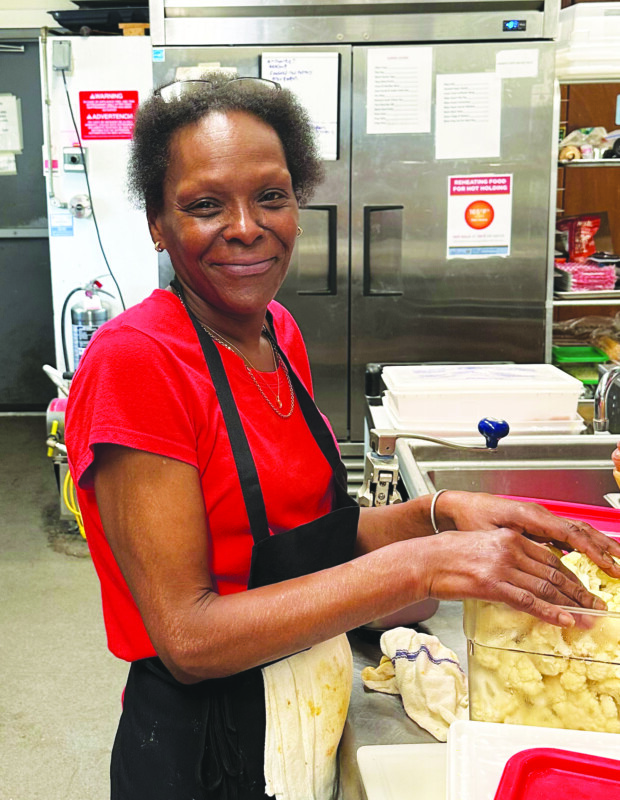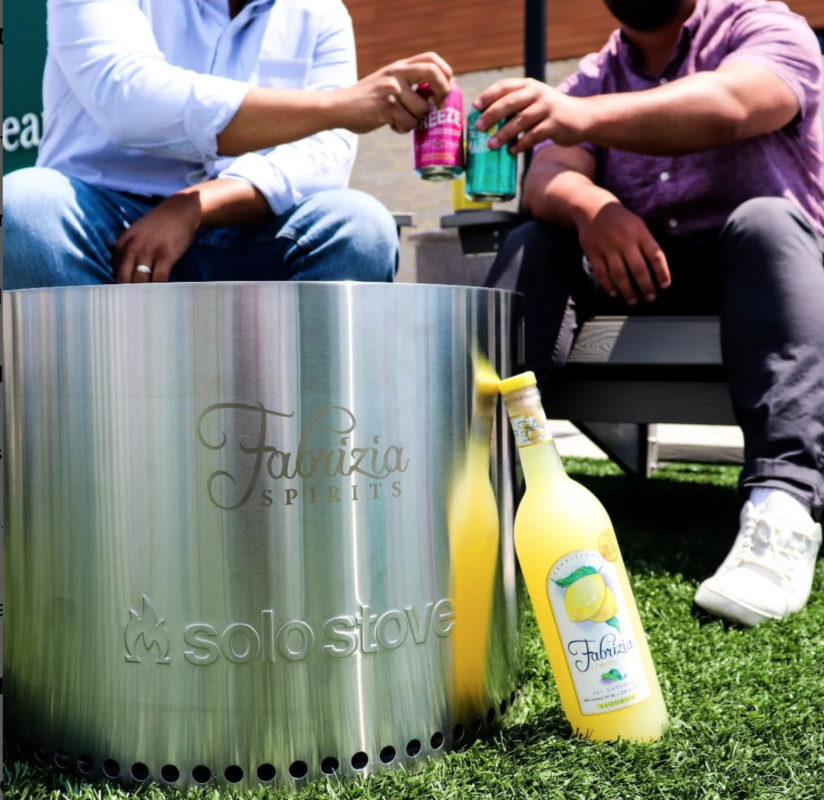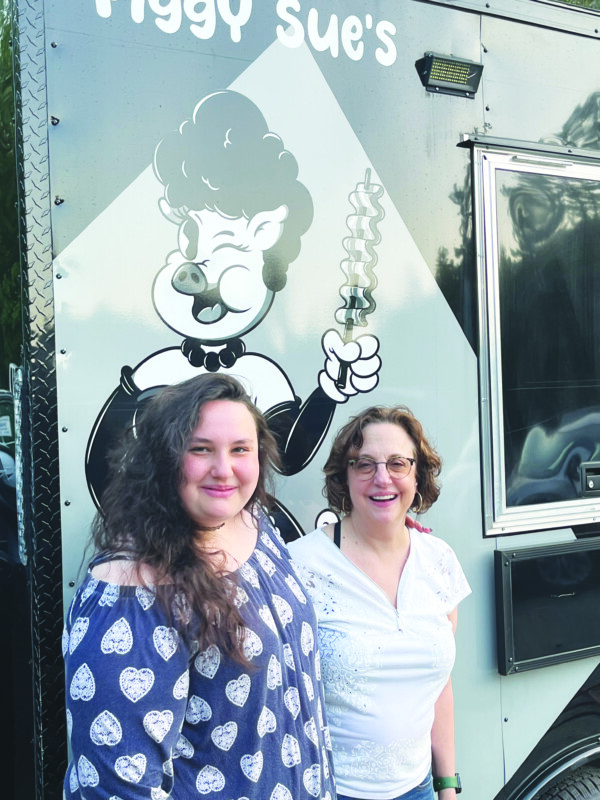News from the local food scene
• Farm-a-Q to return: A family-friendly event featuring local food, drinks and entertainment, Farm-a-Q returns to Tuckaway Farm (36 Captain Smith Emerson Road, Lee) on Sunday, June 25, from noon to 5 p.m. Tickets are $35 per person, $15 for adult drink bracelets, $25 for students and seniors and free for kids under the age of 5. Proceeds support the Heritage Harvest Project, whose mission is to promote regional heritage foods and agricultural diversity among farmers, chefs and local communities. See “Farm-a-Q” on Eventbrite to purchase tickets.
• Brews in Kingston: The Kingston Fire Association’s fourth annual Brewfest takes place on Saturday, June 24, from 2 to 6 p.m. on the Plains in downtown Kingston (148 Main St.). More than 60 different beers, ciders and hard lemonade from at least 30 pourers will be available to sample at the festival, which will also include food trucks and music. Tickets are $40 per person for full access (event is 21+ only) and $10 for designated drivers, and are available online now. Donations are also being accepted to the Kingston Fire Association. See “Kingston Brew Fest” on Facebook.
• Coolers: LaBelle Winery will hold a special release party at its Amherst facility (345 Route 101) on Wednesday, June 28, at 6 p.m., for its new limited-edition Mel & Ayme’s Premium Wine Coolers. According to a press release, the low-alcohol coolers are 8 percent ABV and are available in four flavors: chardonnay with blueberry, moscato with raspberry, riesling with pear and seyval blanc with citrus and were ceated by LaBelle winemaker and co-owner Amy LaBelle and assistant winemaker Melaney Shepard Tickets cost $35 per person. The coolers are available for purchase exclusively at LaBelle’s wine and gift shops in Amherst and Derry. Visit labellewinery.com.
• Eat sustainably: A report from the New England State Food System Planners Partnership, a collaboration among the New Hampshire Food Alliance, five other state-level organizations and Food Solutions New England, says that, by the year 2030, 30 percent of the food consumed in New England can be regionally produced. The report, A Regional Approach to Food System Resilience, was released June 5 (see it at nefoodsystemplanners.org), according to a press release, and outlines all the roles New Englanders can play in making the region’s food system stronger and more self-reliant.





